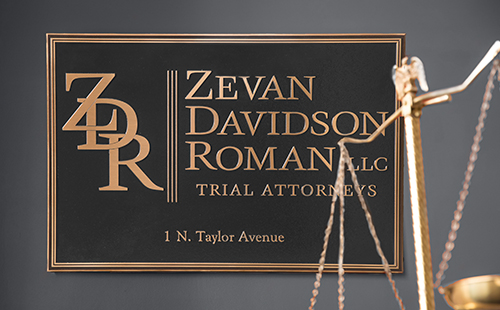4 Common Labor Induction Complications that Lead to Birth Injury
After months of waiting and preparing for your baby to arrive, the last few weeks are full of emotions and anticipation. But, sometimes babies need a little coaxing before their delivery into the world. Labor induction is a medical procedure used to start the delivery process. While it is a fairly common procedure, labor induction complications may arise, causing a serious birth injury to mother or baby.
If your doctor fails to act on these complications and it results in a birth injury to you or your baby, bring your concerns to a birth injury attorney to make a plan for your next steps.
Defining Labor Induction
Labor induction is a common protocol used during delivery to artificially start labor by breaking the amniotic membrane or administering medications. Your doctor may choose to induce your labor if they determine it is the best way to protect both mother and baby during birth.
Typically, they will recommend a mother is induced if they are experiencing one of the following circumstances:
- You are a week or more past your due date;
- You or your baby’s health is at risk;
- You have been diagnosed with prenatal complications, such as gestational diabetes or pre-eclampsia; or
- Your amniotic membrane breaks but uterine contractions do not start.
The 4 Most Common Labor Induction Complications
Inducing labor may have instances where complications arise — leading to birth injuries to mother or baby. The four most common birth injuries associated with labor induction complications are:
1. Failure of labor induction leading to an emergency c-section. Labor induction through the use of medications, like Pitocin, can increase your baby’s risk of intolerance to labor, thereby increasing the risk of damage to the baby’s brain or other organs. Healthcare providers are responsible for knowing when to stop or slow the administration of such medications if there are signs of fetal distress. Emergency c-sections may need to be performed promptly if complications arise during labor induction. If delivery is not performed in a timely manner, the delay may increase the possibility of infection, hemorrhage or organ damage to mother and baby.
2. Complications from an amniotomy. Labor may be induced by a procedure known as an amniotomy, or the purposeful rupture of the amniotic membrane to release amniotic fluid and begin labor contractions. However, if your doctor breaks the amniotic sac, it may expose mother and baby to serious infections. Your healthcare provider is responsible for timely administering antibiotics and fever-reducing medications during labor to reduce the spread of infection.
3. Medication Complications. If a mother is given the hormones oxytocin or prostaglandin to prompt labor, they may experience abnormal contractions or other risks such as low blood pressure or tearing if your doctor is not monitoring your progress correctly.
4. Giving birth too early or having a premature baby. If your doctor induces too early, it may lead to issues in your baby’s development and increase his or her risk for a birth injury.
Many of these labor induction complications are preventable if your doctor exercises the proper duty of care during your baby’s birth. However, there are instances where medical malpractice may occur and a birth injury during or after labor induction may be the result of your doctor’s negligence.
Discover Your Options With Our Birth Injury Attorneys
When a member of your family sustains a birth injury, it may be difficult to process. At Zevan Davidson Roman, we work with you and your loved ones to determine the best course of action to help you recover and move forward with your lives. Contact our birth injury attorneys today for a free consultation to address your next steps.

